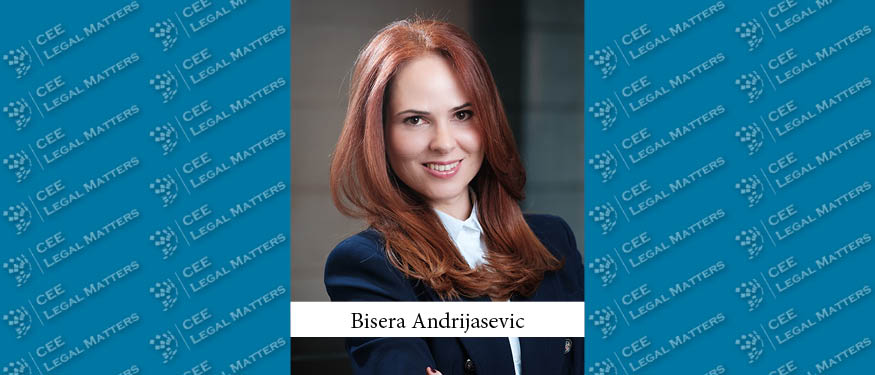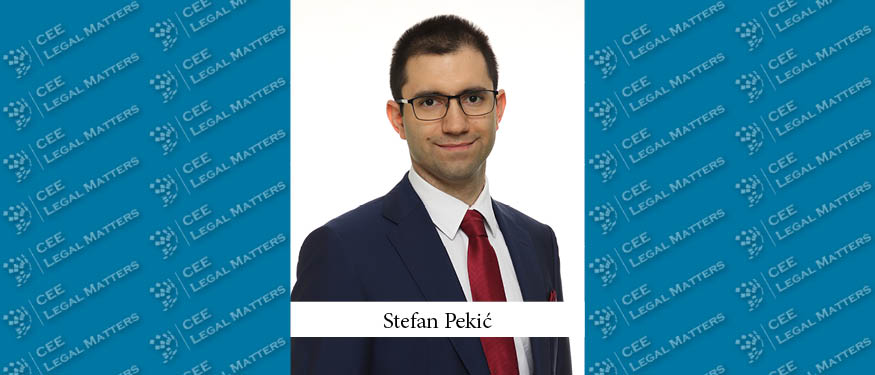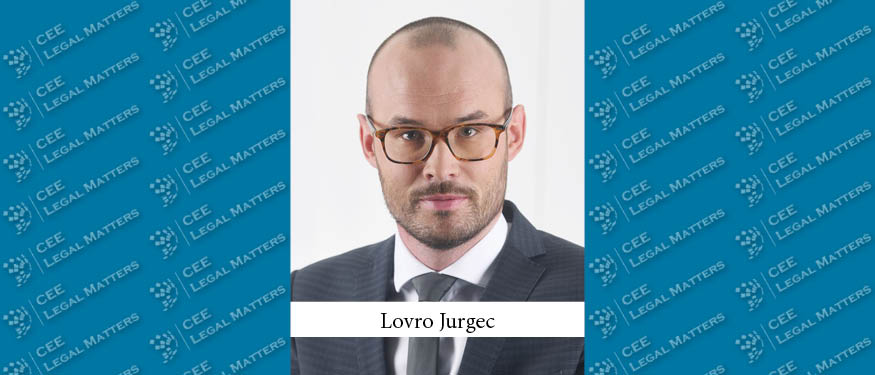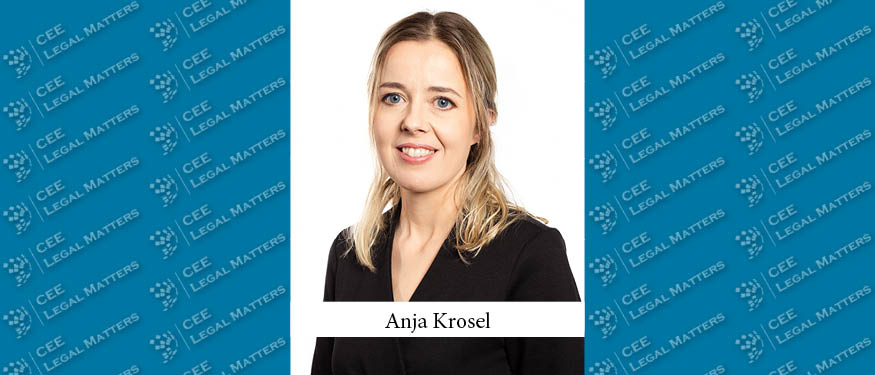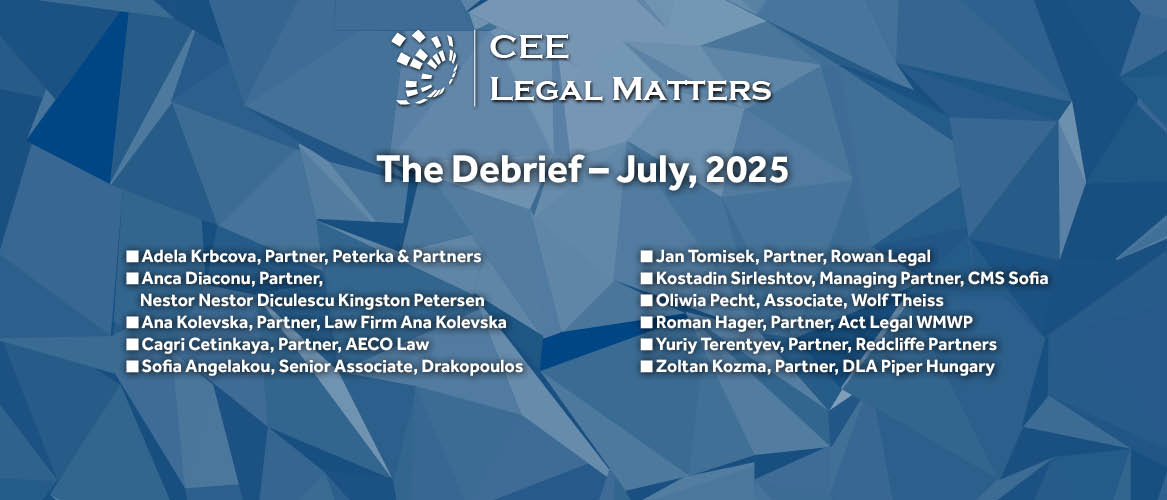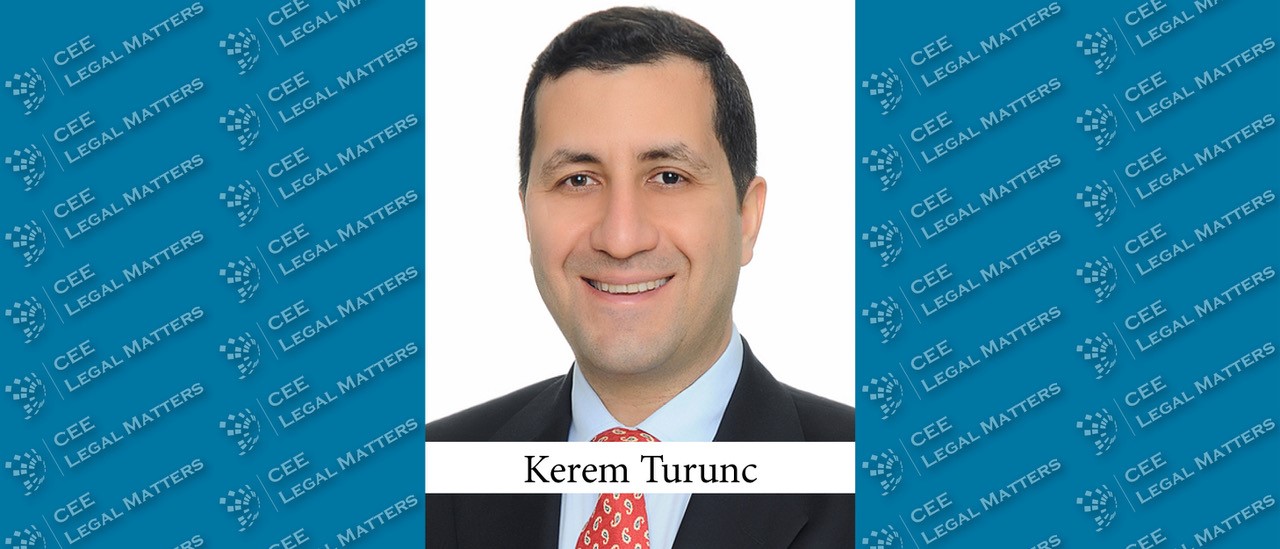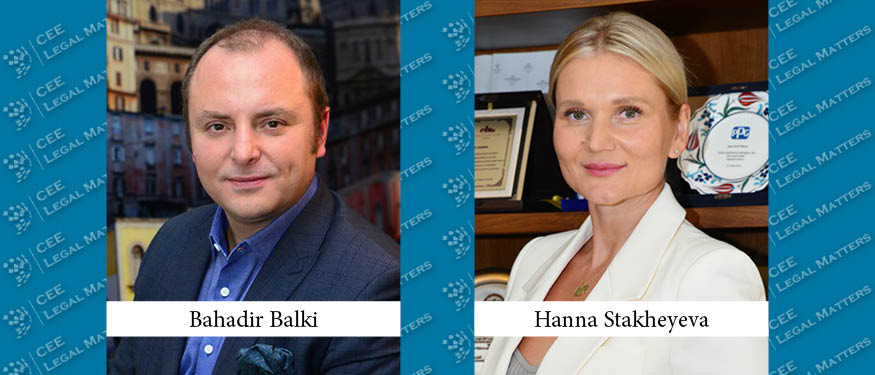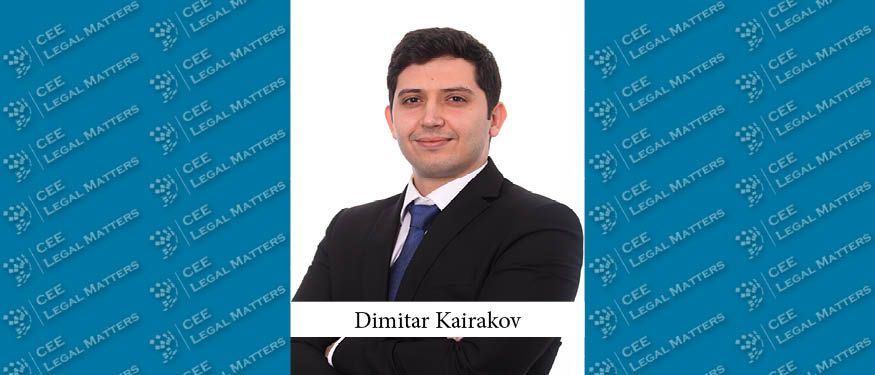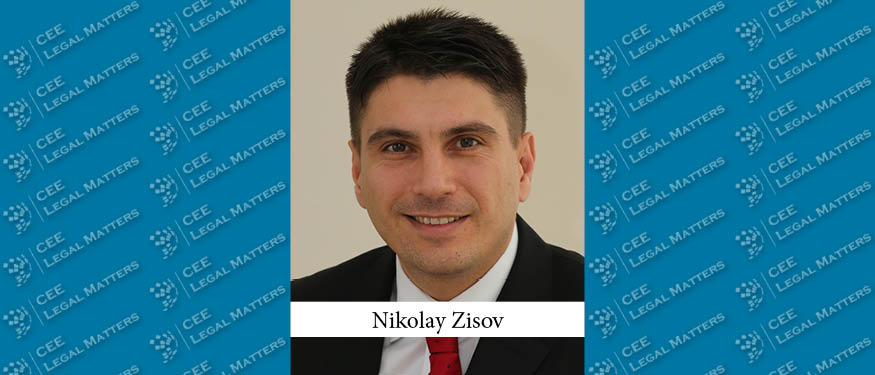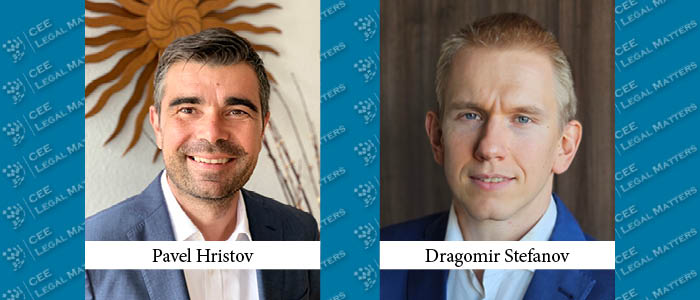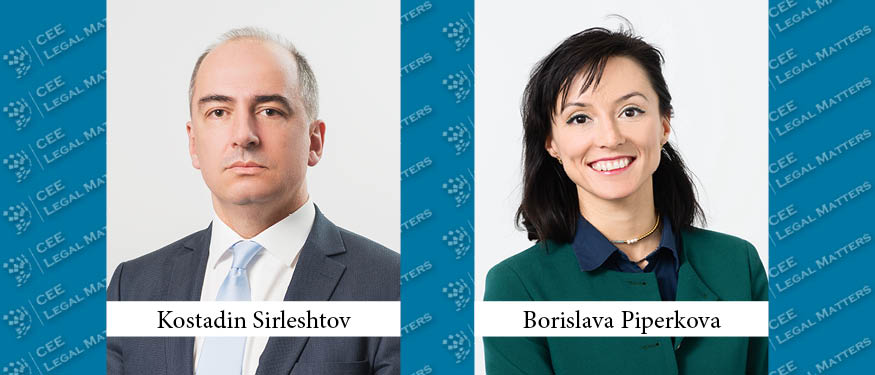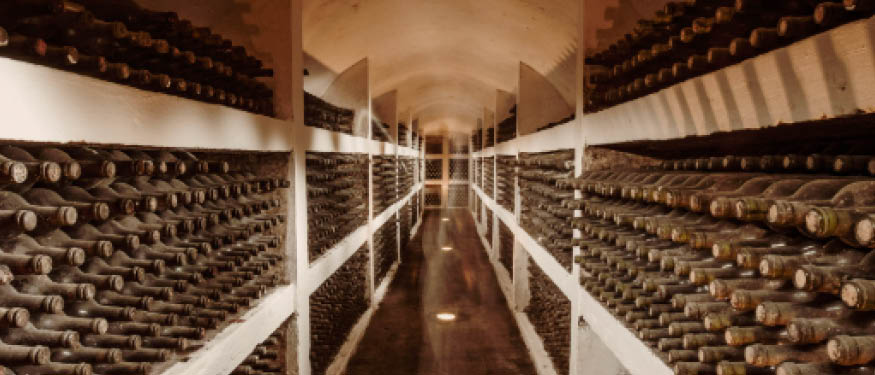Serbia’s competition landscape has been relatively quiet on the surface for the last year and a half. However, the pressure is mounting, and major developments may be around the corner. Enforcement has slowed down, but the Commission for Protection of Competition (Commission) seems to be preparing the ground for a new wave of enforcement activity across key sectors.
Serbia: The Intersection of Life Sciences and the Legal World
In Serbia, the regulatory authority for the life sciences sector is the Medicines and Medical Devices Agency. This agency oversees a diverse array of functions aimed at ensuring that medicines and medical devices are safe, of high quality, and effective. It is also responsible for approving clinical trials, ensuring adherence to the rigorous standards of good clinical practice. An essential component of this process is the ethics committee, an independent expert body that reviews clinical trials. This committee is composed of specialists from the fields of medicine, law, ethics, and other relevant disciplines, tasked with protecting the rights, safety, and well-being of trial subjects while also ensuring public protection of their rights.
ESG Imperatives and Legal Challenges in Serbian Logistics
In today’s business landscape, the implementation of Environmental, Social, and Governance (ESG) standards has become crucial for the long-term sustainability and competitiveness of companies in various industries. ESG standards increasingly shape the business strategies of companies from various sectors. The implementation of ESG standards in the transport and logistics sector brings with it various difficulties, but also considerable benefits. However, given that it is widely known how much the logistics and transport sector affects the environment (primarily due to the greenhouse effect), and how important this sector is for the global economy, the application of ESG standards in this sector becomes a conditio sine qua non.
Recent Labor Trends and Developments in Serbia
Although Serbia’s Labor Law has remained unchanged for years, adjacent legislative developments reflect how employers are adapting to evolving workplace realities. Two such areas, work from home and labor shortages, have been addressed through the new Law on Safety and Health at Work and updated regulations on employing foreign nationals, both adopted in 2023. These developments indicate a gradual but meaningful adjustment in regulatory priorities in response to practical challenges faced by employers.
Serbia’s CBAM Readiness and Carbon Pricing Framework
As an EU candidate country, Serbia has committed to aligning its climate policies with the European Green Deal and the Green Agenda for the Western Balkans. Since the launch of the Berlin Process in 2014, Serbia has made tangible progress, including the adoption of the Law on Climate Change in 2021 as the legal foundation for its transition toward climate neutrality by 2050.
The Rising Importance of Shareholders’ Agreements in Serbia’s Economy
After attracting EUR 5.2 billion in foreign direct investment in 2024, Serbia continues to attract significant investment interest across energy, real estate, and manufacturing sectors in 2025. With this renewed inflow of capital and expansion of joint ventures, the nuances of shareholder relationships in limited liability companies are coming into sharper focus, especially for founders, joint venture partners, and minority investors. While the Companies Act offers a legal foundation in this climate, much of the real control and protection lies in what is known as the “shareholders’ agreement,” a private contract that defines how shareholders invest, cooperate, and exit.
A Drive to Diversify Serbia’s Energy Mix
The Serbian energy market is characterized by a strong reliance on coal, while aiming to significantly increase the share of renewable energy sources (RES) in total electricity production. The Strategy on Energy Development until 2040 with the Projection until 2050 (Strategy), adopted in 2024, sets forth as its main goals: energy security, the decarbonization of the energy sector, environmental protection, improvement of energy efficiency, and the establishment of an economically competitive energy market. Serbia is now producing approximately 60% of its electricity from coal, with RES’s share in the total production portfolio targeted to increase to 45% by 2030 and 73% by 2040.
The Slow but Steady Evolution of the Slovenian Capital Market
Although the Slovenian capital market is still in the developing phase and has not yet reached its full potential, recent updates to the regulatory framework and market infrastructure represent substantial improvements. Such developments are related to a) the remarkable growth of the investment funds industry (especially in the field of alternative investment funds), b) the entry into force of the Markets in Crypto Assets Regulation (MiCA), and c) the enactment of new legislation related to personal investment accounts.
Slovenia: Regulatory Developments in Banking – Balancing Inclusion and Risk
Slovenia’s banking sector continues to exhibit conservative lending trends, with growth concentrated in the household segment. Lending to non-financial corporations remains flat on a year-on-year basis, while household deposits are on the rise. Despite steady progress in digitalization, cash remains dominant – nearly 64% of payment transactions at physical locations in 2024 were conducted in cash.
The Debrief: July 2025
In The Debrief, our Practice Leaders across CEE share updates on recent and upcoming legislation, consider the impact of recent court decisions, showcase landmark projects, and keep our readers apprised of the latest developments impacting their respective practice areas.
The Debrief: June 2025
In The Debrief, our Practice Leaders across CEE share updates on recent and upcoming legislation, consider the impact of recent court decisions, showcase landmark projects, and keep our readers apprised of the latest developments impacting their respective practice areas.
2025 Turkish GC Summit Sneak Peek: Interview with Kerem Turunc of Turunc
Turunc Managing Partner Kerem Turunc discusses the upcoming 2025 CEE Legal Matters Turkiye General Counsel Summit due to take place in Istanbul on November 4, 2025.
No Tolerance for On-Site Inspection Obstruction – TCA Slaps Record EUR 33 Million Fine on BIM
The integrity of on-site inspections remains a cornerstone of effective competition law enforcement. The Turkish Competition Authority (TCA)’s decision to impose a record-breaking fine on BIM Birlesik Magazalar A.S. (BIM), one of Turkiye’s largest retail chains, has drawn considerable attention from international businesses and the legal community.
Bulgaria’s Renewables Market Catches Second Wind
Bulgaria’s renewable energy sector has seen significant growth in recent years. In 2024, almost 1 gigawatt of new renewable energy capacity was connected to the grid, predominantly from solar energy. Notably, no new wind farms have been commissioned since 2012, primarily due to administrative barriers and local opposition. However, investor interest remains high, especially in the southern and northwestern regions. Projects like the 238-megawatt Tenevo hybrid solar plant in Yambol, which plans to integrate a solar park, wind turbines, and energy storage, exemplify this trend.
Practicalities of Data Incidents Involving EU Data Subjects and Non-EU Companies
The contemporary European market witnesses a large number of highly operational business models that target European consumers and are, simultaneously, managed outside the European Union. There are businesses whose central administration or decision-making hubs are not established in any EU member state. Some of them neither control nor process data of their consumers within the EU. At the same time, some of these businesses are also subject to strict and enforceable international regulations in addition to the applicable EU legislation.
Bulgaria: An Attractive Destination for Technology-Driven Businesses and Investors
Bulgaria’s Technology, Media, and Telecommunications (TMT) sector is continuing its steady and dynamic growth, reflecting the country’s ongoing digital transformation and its increasing role as a regional technology hub.
Bulgarian M&A Market in 2025 – A Modest H1 with an Eye on Euro Integration
The first half of 2025 in Bulgaria’s corporate and M&A landscape has been characterized by a modest start amidst global economic and political uncertainties. Many export-oriented industries faced a challenging 2024, impacting the financial projections of potential targets. However, the outlook remains largely positive, fueled by major upcoming developments.
A Promising Future for Bulgaria’s Energy Mix
Bulgaria’s energy sector has been undergoing deep and rapid reforms. The combination of the effects of the war in Ukraine and the related sanctions, the European Green Deal and the rapid decrease of investment costs for renewables, the commitments for a coal-free future, and the neighboring discoveries of natural gas in the Black Sea – all combined with the unprecedented support for nuclear energy – is putting Bulgaria on the global investment map.

